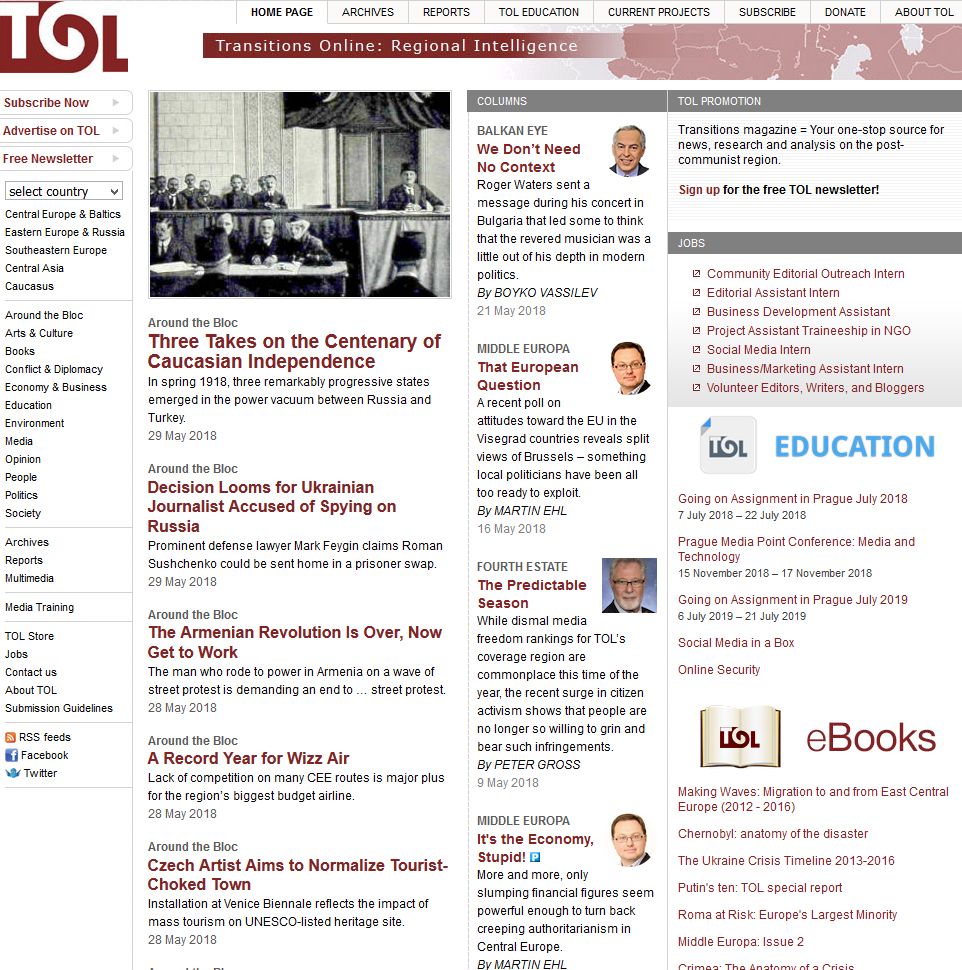
Around the Bloc: EU Adepts Want More Than ‘Partner’ Status
Western Balkan countries can expect little more than the usual bland jargon at upcoming summit in Bulgaria.
More...We kindly inform you that, as long as the subject affiliation of our 300.000+ articles is in progress, you might get unsufficient or no results on your third level or second level search. In this case, please broaden your search criteria.

Western Balkan countries can expect little more than the usual bland jargon at upcoming summit in Bulgaria.
More...
The last two decades of the history of Europe are characterized by unprecedented mo-bility of all kinds of resources, including knowledge, and human resources in higher educa-tion institutions. Essentially, the mobility of human resources in higher education institu-tions is an expression of a broad process of internationalization. The internationalization of European universities is not only a direct effect of globalization but also an institutional response to global competition. Articulated responses need to provide opportunities and imperatives of globalization have led both universities and European transnational institutions to develop policies conducive to increased competitiveness in the education sector. European Charter for Researchers and Code of Conduct for the Recruitment of Researchers aim to ensure the same rights and obligations of researchers and teachers in European education and research institutions. This article presents the results of a longitudinal study, carried out in two stages (2012 and 2017) at ”Alexandru Ioan Cuza” University of Iasi. This study sought to assess the implementation of the principles of the Charter and Code in policies and practices in terms of university teachers and researchers.
More...
Since the emergence of the first European community initiatives in the form of Interreg (European Territorial Cooperation), cross-border regions have become laboratories of European integration. There is extensive empirical research on the evolution of cross-border cooperation and how cross-border regions are constructed. Also, in the last two decades a more social and day-to-day approach in the study of these cross-border regions has gained attention, putting forward a more bottom-up focus to complement institutional analysis, since European cross-border cooperation evolves through both formal and informal processes developing interrelatedly. In this paper we adopt a social capital approach to analyse how cross-border integration is constructed among experts involved in institutional cooperation in the border region of Southern Finland and Estonia. Using mixed methodology based on semi-structured interviews and social network analysis, our findings reflect different patterns of border behaviour, all of which have significant value as opportunities for greater European integration.
More...
Goals of antibiotic policy and its implementation in European Union (EU) and Lithuania are analysed in this article. Study also investigates subjective perception of safe antibiotic use between different Lithuanian citizens’ social groups. In order to determine this perception index of subjective perception of safe antibiotic use was created using data from special Eurobarometer (2016). Results showed that Lithuanian citizens’ index of subjective perception of safe antibiotic use was not high but did not differ from EU. In Lithuania the lowest perception was observed in individuals whose education ended before the age of 15, in the working class and in persons who never used the internet. The highest perception was seen in house persons, the upper middle class and managers. Only small differences in subjective perception of safe antibiotic use was estimated between different social groups.
More...
The analysis of Ukrainian-Hungarian transborder cooperation has been made, the problematic issues have been determined together with the possible ways of conducting reforms and changes in the context of forming an integral Ukrainian-Hungarian transborder region. The role of transborder cooperation in the system of international relations as well as in the context of developing logistic infrastructure in the social and economic development of border regions of Ukrainе and Hungary has been analysed. The main directions of the development of the border region are: making use of the possibilities of the favourable geographical and geopolitical location of the region, development of tourism, intensification of international transport corridor, formation of an international logistic cluster.
More...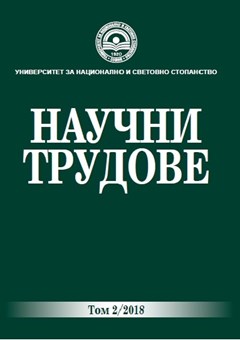
The aim of the study is to analyze the White Paper on the future of the EU and to answer whether it has managed to trigger the desired debate. The tasks are: analysis of the scenariosin terms of the degree of integration and the consequences thereof; exploring theviews of different stakeholders; analysis of different member states’ positions on the Paper.The methodology includes analysis and synthesis, induction and deduction, etc. Thelimitations are related to the rapidly changing information and its inability to be tracedin the Member States.
More...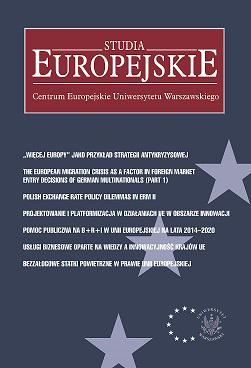
The article addresses the issues related to the implementation of the European Union’s actions for sustainable development policy and the implementation of the 17 UN Development Goals through Science, Technology and Innovation (STI) being key tools for moving the world towards a sustainable development. In September 2015 the UN accepted a new global Agenda 2030 on the Sustainable Development with its tools – Sustainable Development Goals. Putting them into life should contribute to shifting the economic and political relations between developing, emerging and developed countries. According to the Agenda motto “ no one will be left behind”. To achieve this aim by EU not only a significant rethinking of its external policy must take place but also its domestic actions must be changed. A fundamental tool to achieve this goal and implement the Agenda should be STI which allows the transition of EU and its underdeveloped partners to new sustainable ways of their economies and societies development.
More...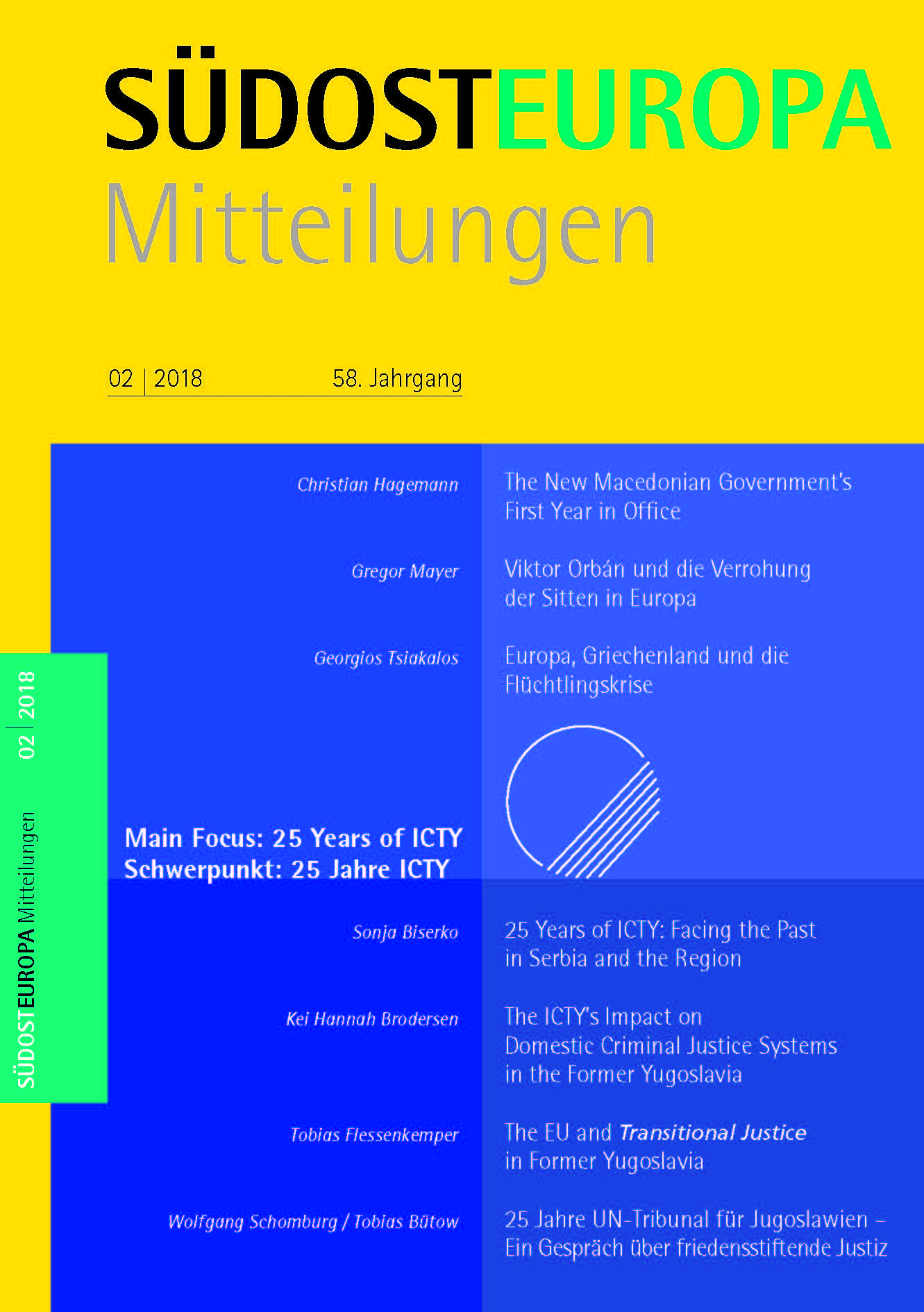
Macedonia was for more than two years shaken by a deep political crisis that started in the realm of a massive wiretapping scandal revealed in 2015. This crisis finally came to an end when an opposition-led government took power on 31 May 2017. After months of obstruction by the long-term ruling party VMRO-DPMNE and its allies, the centre-left SDSM formed a coalition with three ethnic-Albanian parties and Zoran Zaev was appointed the new Prime Minister. The article takes a closer look at how the crisis took a turn for the better and how the difficult situation after the snap elections of 11 December 2016 was resolved. It then takes stock of the development of domestic and international politics under the new government, as well as the progress of promised reforms. Overall, the government has achieved its intermediate goal and received a recommendation from the European Commission for the start of EU accession negotiations. This recommendation rewarded the ending of state capture, the increase in media freedom, and the inception of important reforms. Still, much remains to be done and most measures still have to reach the decisive stages of legislation and implementation. Progress in the process of Euro-Atlantic integration could help the new government to achieve its agenda while remaining popular with the electorate. This progress, however, is based on a resolution of the name dispute with Greece. Domestic Change in Macedonia, it seems, hinges on the willingness at the domestic and international levels to make such change happen.
More...
During his eight year rule, the Hungarian leader Viktor Orbán established the foundations foran “illiberal”, semi-authoritarian, kleptocratic state. By displaying the ability to withstandcritical assessments and infringement procedures by EU bodies and the capacity to get re-electedat will, Orbán became a role model for other leaders with populist and authoritarian leanings.The article discusses three cases: In Poland, the ruling right-wing populists take direct advice from Orbán on how to sit out EU procedures after upending the independence of the justicesystem. In Romania, a left-wing post-communist leadership draws inspirations from Hungary when trying to legalize government corruption. In Austria, where the populist, pro-Russian FPÖ entered the latest coalition government, Orbán is mentioned as a point of reference, when the limits of ruthless capturing of state institutions are deliberated. The article sums up the European strategies to confront Orbán’s undermining of European values. It draws the conclusion, that sanctions doled out by the European institutions are not enough. Citizens in Europe should also get more active, participate in elections and draw inspirations from recent citizens’ protests in Romania and Slovakia which forced their corruptleaderships to partial retreats.
More...
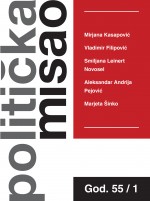
This article deals with the future of the Western Balkans in the light of a number of different factors that are not solely and purely connected to the countries of the region. Although the very process of integration into the EU is predominantly dependant on the readiness and the ability of the candidate and potential candidate countries to implement all the needed reforms, transpose the acquis and achieve the so-called European standard in legislation and in practice, the process is not being conducted in a vacuum. First of all, we should bear in mind that the development of the situation within the EU shall have crucial impact on the speed, depth and quality of the entrance of the remaining Balkan countries into the Union. Apart from that, we cannot ignore the influences of the third actors, which have become more visible and acute in the region. The EU and its Member States are the ones that define and set up the rules, therefore they bear most of the responsibility for the Enlargement Policy. Laggardness in reforms, EU crisis management, a stronger or weaker role of the third actors – all this shall determine what kind of process of European integration we shall have in the next years, and in line with it, the manner in which the process shall influence the stability and future of the enlargement countries. In this context, the Western Balkans simultaneously lives in variable realities that bring different outcomes and possibilities. This article, apart from the presentation of the situation in the Western Balkans, offers possible scenarios for the future.
More...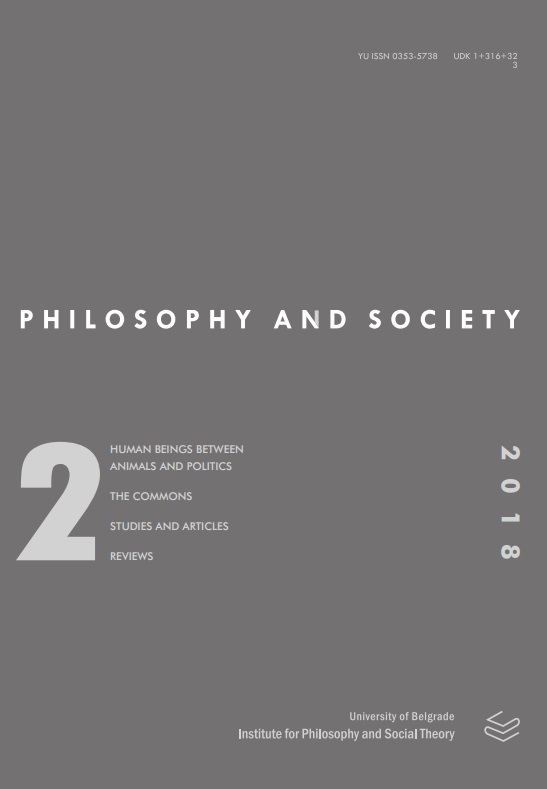
This paper examines the causes of prominent radical political options and behaviors that are already visible on a daily basis in the European Union. In public discourse there is a simplified belief that the primarily responsibility for this lies with the immigrants and fear caused by terrorist attacks carried out in Europe or the old European latent nationalism. Although these elements undoubtedly contribute to the development of radicalism, the author argues that the key sources for this issue should be found in the difficulties encountered by the European national welfare states. This is the source of ever-greater mutual intolerance among the citizens of the European Union, which can take on various forms of political, cultural, ideological and physical conflict. On the basis of these arguments the author concludes that the European Union is indeed in a historic milestone but the real danger of the European Union’s disintegration is not primarily in cultural, civilization, confessional, security or geopolitical sources, but this source should first be sought through the prism of the European national social states and the expectations of citizens referring to them.
More...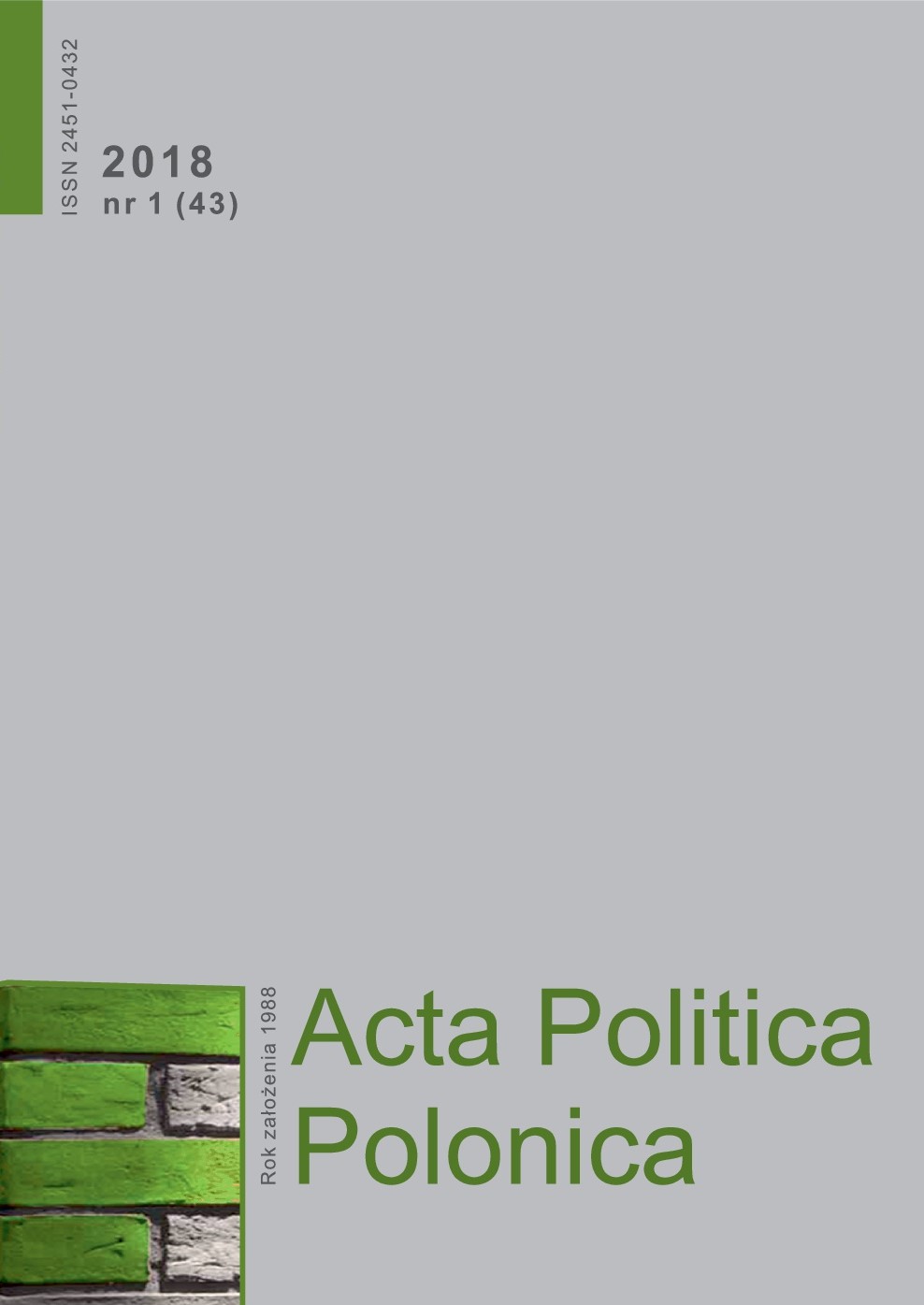
The author presented selected aspects of Muslim presence in European countries, taking into account historical factors related to the effects of the colonization process, as well as socio-political aspects affecting the form of assimilation of Muslims in Europe. The article discusses the relationship between the processes of integration of the Muslim minority with the regulations of relationship between religion and policy that prevail in European countries. It discusses the specificity of Muslim minorities conditioned by historical colonies. The author also took into account the dichotomous vision of the world present in Islam (dar al-islam and dar al-harb), which, in connection with the particularly large Sunni community in Europe associated with the ideas of Salafism, arouses special interest on the ground of the security.
More...
The main factors stimulating the Welsh people behaviour during the British membership in the European Union referendum in 2016, i.e. voting for leaving the EU structures by the United Kingdom are set out in this article. Based on the assumption that possibilities of social, economic and political development in the frames of the European Union would be unavailable for the whole of the UK after Brexit implementation, an author draws vision of immediate future of Wales, as peripheral region with small demographic and economic potential, strongly dependent on decisions of decisive head centre in London.
More...
Public Administration Reform, as the ultimate instrument that addresses the rights, freedoms, powers and obligations of citizens, a modern state sends a message to the citizen about the level of social responsibility for the improvement of the domain of government that represents “the mirror” of the level of legal and political stability. Multiple organisational, functional, economic, personnel-related, technical issues of public administration require systematic and thorough reform that would result in the enhancement of the principles of public administration as well as the creation of a modern, democratic, “Europe-ised” image of the state administration. Public administration is not a pure technical body, but a mechanism whose function depends on the basic factor of the work process – human resources, which develop or obstruct the process of good public administration. Thus, civil service development and reform are another aspect of overall improvement of public administration and require a long-lasting and continuous approach to the modification of culture and methods in conducting public affairs.
More...
The article centers on main trends of the Europarties evolution. Their role in the EU policy-making process as well as decision-making factors in the European Parliament is analyzed.
More...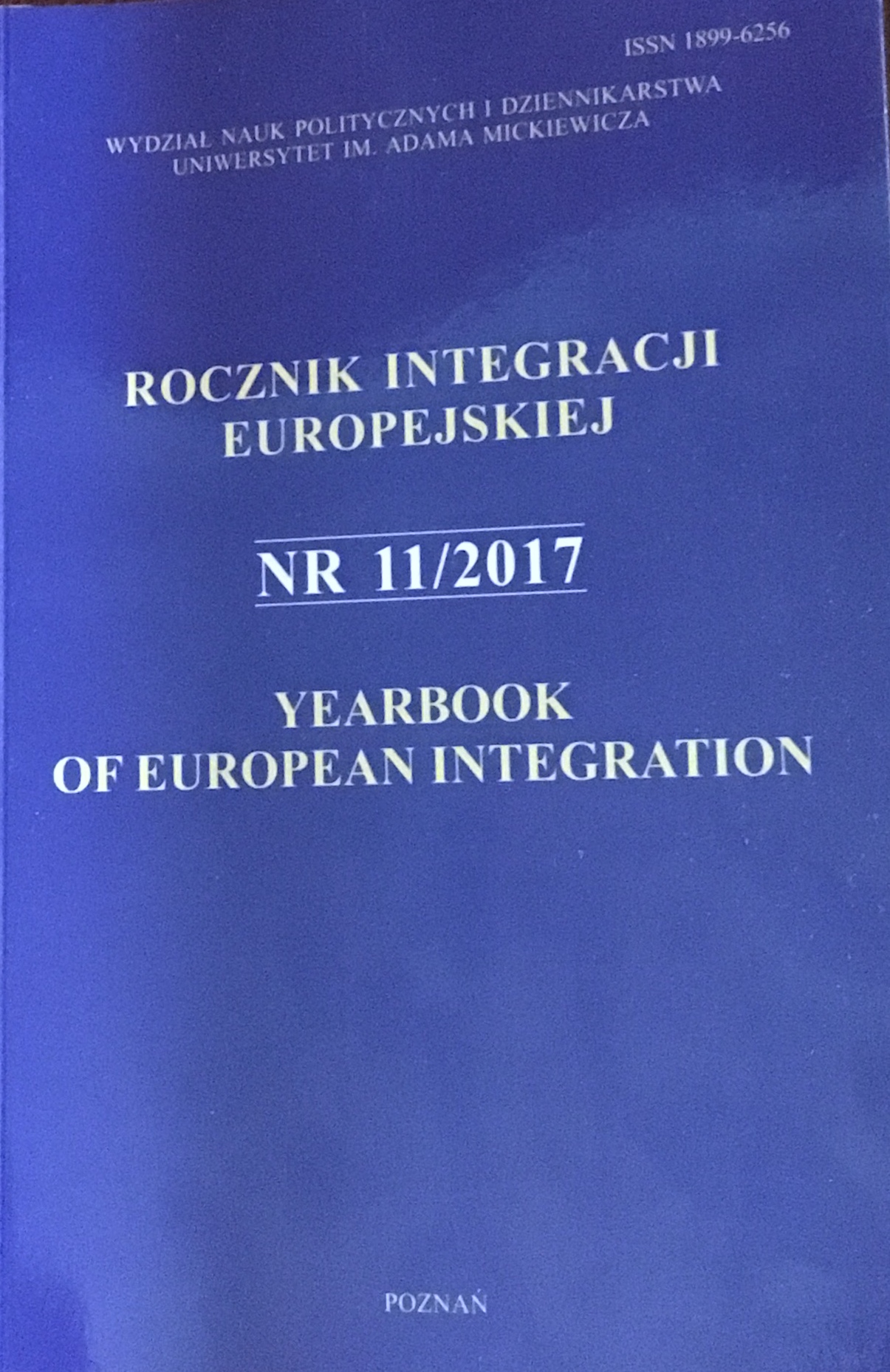
In order to accomplish the goals of the European Council with respect to external activities, the Treaty of Lisbon has provided a new institutional context. It is based on boosting the Euro-pean Council’s potential and ambitions. These may be realized by making use of the vast array of instruments and resources for the operations to be more effective and of a bigger strategic importance. It has been assumed that the concepts and principles underpinning the European Council’s comprehensive approach need to become the rules underlying the EU’s external ac-tivities in all areas, in particular with respect to security, preventing conflicts and responding to crises. To this end, the European Council has identified a number of specific activities to pursue in its quest to adopt an even more comprehensive approach to politics and external relations. In order to complete the task (as precisely analyzed in the article), efforts have been made to take care of all the aspects of the threats to security stemming from conflicts and external crises, from early warning and readiness through preventing conflicts, responding to them and crisis management to the early stage of getting over a crisis and reaching stability and peace.According to the European Council – as the article proves – the requirement of complemen-tary interventions in the area of external security and threats to the European Union results from new international problems on a global scale. The European Council consistently emphasizes that security is a prerequisite for the EU’s stability and that lasting peace is not possible without eliminating threats and risks.To the European Council, creating and reinforcing the political, social and economic condi-tions for stability is of key importance to security and is a prerequisite for changes to the EU’s external policy. This interdependence between security and stability plays a vital role in enhanc-ing the effectiveness of the EU’s external activities. Any country striving to ensure security and peace needs to have or acquire the necessary skills in all the important areas including security and protection. These efforts will both contribute to increased global stability and to bringing peace in a constructive way, to achieve stability and to prevent crises.In the past few years, the EU increasingly supported the correlation between security and anti-crisis stability, initiating interventions in various areas of the EU policy and resorting to different instruments. These activities include access to international instruments, a political dialogue, technical cooperation (like common scientific research and innovations) and training (knowledge transfer and development of skills).
More...
The proclamation of a new state named Ukraine in 1991 changed the geopolitical situation in Europe because it entered the circle of the six largest countries of the continent. Already in 1994 Ukraine signed an agreement with the EU on partnership and cooperation. In the period 1998–2015, 15 meetings of EU and Ukraine on joining the European structures took place. Although the Copenhagen criteria haven’t been met, the association agreement was signed and ratified by several EU Member States. As a result of many internal processes and implementa-tion of politics based on extreme ideologies Ukraine, after only 25 years of its existence, be-came a fallen state riddled with corruption, an oligarchic-mafia system governed by the neobanderism ideology. It is a country endangered by breakup of its territory or entering the orbit of the influence of Russia; this is what the current war is about. Thus, the efforts of the Ukrainian authorities to join the structures of the EU seem to be completely unrealistic and useless.
More...
The immigration crisis that hit the European Union at the beginning of the second decade of the 21st century, when to Europe began to come with unprecedented intensity immigrants fleeing violence or poverty, has inspired the preparation of this article. It reviews the most im-portant international legal bases for refugees, beginning with the Geneva Convention of 1951. Particular attention has been given to the main acts of the Common European Asylum System and to the analysis of the major content of the main Council decisions on the relocation of im-migrants from 2015 to 2016 as well as the agreement between the EU and Turkey on the return of illegal immigrants. The following is the statistics on the granting of international protection in the EU and the analysis of the content of Slovakia and Hungary’s complaints against reloca-tion decisions. The article summarizes conclusions and recommendations on the management of the migration crisis.
More...
The aim of this paper is to analyze the European Union’s trade policy with regard to China in the context of the changes related to the expiry of the transitional period of China’s member-ship of the WTO in December 2016. The expiry of this transitional period necessitates certain changes in anti-dumping proceedings of the European Union. In order to achieve the purpose of the paper it has been assumed that granting or denying market economy status to China is primarily a political decision which requires taking into account contradictory interests of the EU member states.
More...